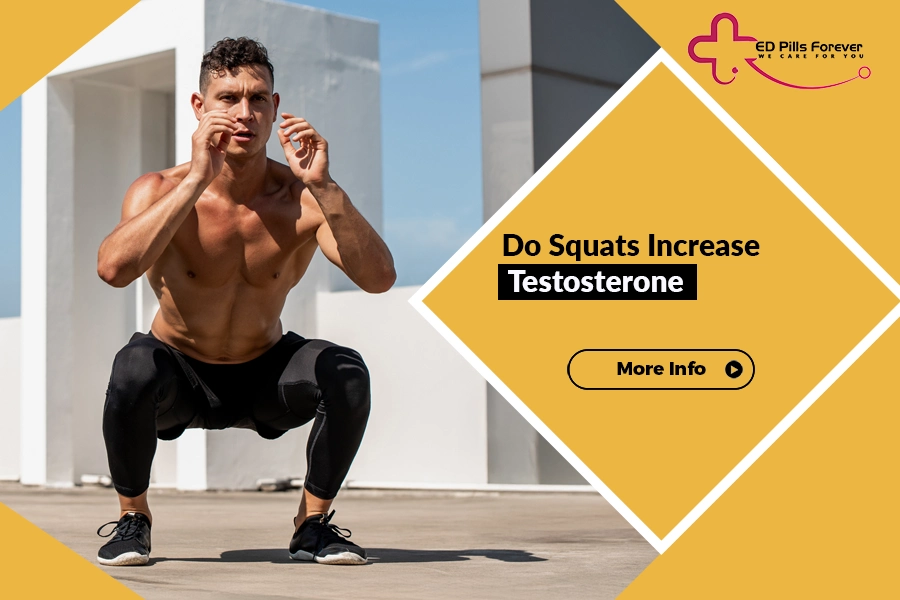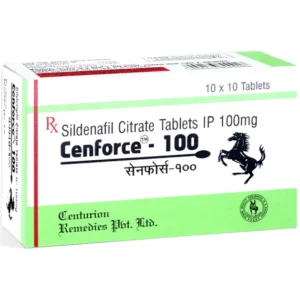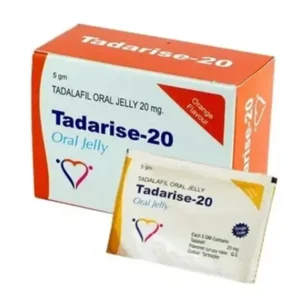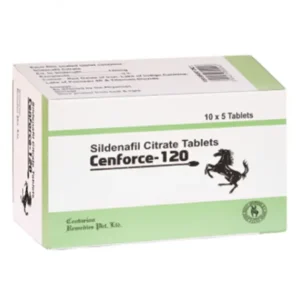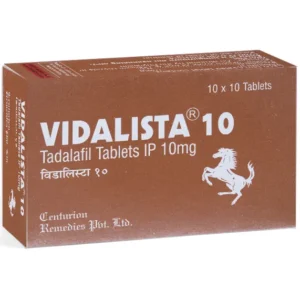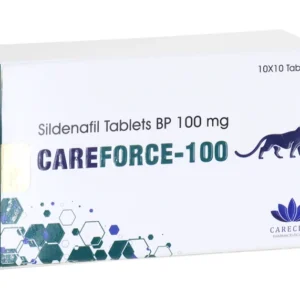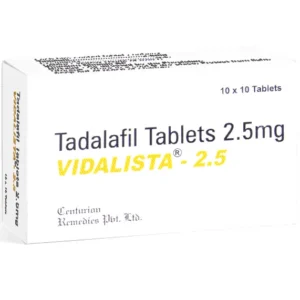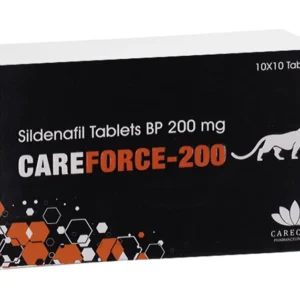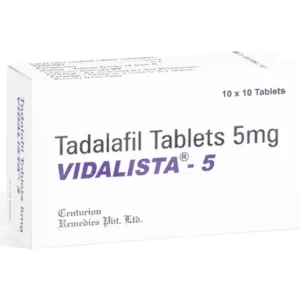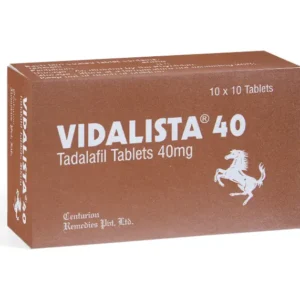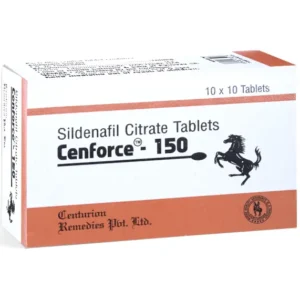Do Squats Increase Testosterone?
Let’s be real, if you’ve ever spent more than ten minutes in a gym, someone has probably told you that squats are the king of all exercises. They build muscle, burn fat, strengthen your core, and, apparently, boost your testosterone like magic. But… do they really? Or is it just another gym myth that refuses to die?
You might be wondering, “Can a few sets of squats really change my hormones?” It’s a fair question. After all, testosterone isn’t just some buzzword; it’s one of the most important hormones in the male body that is linked to energy, muscle growth, libido, and mood.
Here’s the thing: it’s not as simple as doing a few squats and watching your testosterone levels skyrocket. But there’s some truth buried under all that bro-science.
What Actually Happens When You Do Squats
When you perform squats, especially heavy ones involving multiple muscle groups you’re putting your body through a demanding physical challenge. Your legs, glutes, lower back, and even your core all jump into action.
This full-body strain sends a message to your brain and endocrine system: “Hey, we need more power down here!” In response, your body releases a cocktail of hormones to adapt, recover, and grow stronger. Among them? Testosterone and growth hormone.
Interestingly, a 2014 study in the Journal of Strength and Conditioning Research found that compound lifts like squats and deadlifts triggered a short-term rise in testosterone levels. But here’s the catch, it’s temporary. The boost peaks shortly after your workout and gradually returns to baseline.
That said, these micro-spikes in hormones, repeated consistently through proper training, can lead to long-term adaptations, like improved muscle mass and metabolic efficiency.
So, yes, squats can increase testosterone but it’s not a permanent switch you flip once and forget about.
Why Testosterone Matters (More Than You Think)
Before we go further, let’s talk about why testosterone even matters in the first place.
For men, it’s essentially the hormone of vitality. It shapes everything from muscle density and bone strength to mental clarity and sexual drive. Low testosterone can leave you feeling fatigued, moody, and, well… not quite yourself.
And here’s where things get even more interesting: some people use medication like Kamagra Gold 50 mg to enhance sexual performance when low testosterone or poor blood flow starts affecting their confidence in the bedroom. While Kamagra Gold 50 mg doesn’t directly increase testosterone, it improves blood circulation, helping men achieve stronger, longer-lasting erections, kind of like giving your body the support it needs when natural testosterone isn’t doing its job efficiently.
So, when people say, “do squats increase testosterone,” what they’re really getting at is this deeper desire: to feel more energetic, confident, and powerful again both in and out of the gym.
The Connection Between Legs and Hormones
Now, let’s dig into the science-y part (but not too much).
The legs contain the largest muscle groups in the human body—quads, hamstrings, glutes. When you train them, you’re engaging a huge amount of tissue at once. That’s a big deal for your hormonal system.
Your body doesn’t release hormones like testosterone in isolation. It’s more like a symphony of signals. When you perform heavy compound movements, your central nervous system lights up, your heart rate spikes, and your endocrine glands respond by releasing anabolic hormones to aid recovery and muscle repair.
In plain terms: your body rewards effort.
So, yes, exercises that challenge the biggest muscles tend to have the most hormonal payoff. That’s why so many fitness experts believe leg training is essential if you want to increase testosterone naturally.
Best Seller
Best Seller
Do Leg Workouts Boost Testosterone?
Short answer? Yes, but again, the increase is short-lived.
Several studies have confirmed that lower body strength training leads to higher acute testosterone release compared to upper body workouts. The same research also shows that the heavier the load and the greater the volume, the more pronounced the hormonal response.
But remember, “acute” doesn’t mean “permanent.” It just means your testosterone levels rise temporarily after the workout.
However, here’s where consistency wins: over time, those repeated boosts along with better muscle mass, fat loss, and improved sleep can help normalize or slightly elevate your baseline testosterone.
So when someone asks, “do leg workouts boost testosterone?” The answer is, “They can, if you stick with them long enough.”
The Squat-Testosterone Paradox
Sounds weird, right? Squats are often praised as the ultimate testosterone-boosting exercise, but some research suggests the effect might be more modest than the fitness world makes it sound.
A 2018 review in Sports Medicine noted that while resistance exercise temporarily raises testosterone, these changes are usually small and don’t always translate to long-term increases.
To be honest, the real magic of squats isn’t in a sudden hormonal surge—it’s in what they represent: discipline, consistency, and overall improvement in physical health. Those are the things that, indirectly, help increase testosterone over time.
Think about it. Squats improve posture, strengthen your core, enhance metabolism, and even help regulate blood sugar all factors that contribute to better hormonal balance.
So, even if squats don’t flood your bloodstream with testosterone, they create the conditions for your body to produce and use it more effectively.
Why Modern Life is the Real Testosterone Killer
Let’s step away from the squat rack for a moment.
Even the best workouts can’t fix everything if your lifestyle is wrecking your hormones. Chronic stress, poor sleep, processed food, alcohol, and lack of physical activity are the true culprits behind low testosterone.
It’s not uncommon for men in their 30s and 40s to start noticing drops in energy and libido not because of age itself, but because of lifestyle burnout. You can’t out-squat five hours of sleep or constant anxiety.
That’s where an integrated approach comes in. Pairing regular strength training (like squats) with better nutrition, enough rest, and when medically appropriate supportive medication such as Kamagra Gold 50 mg can make a significant difference in your overall performance, both physically and sexually.
The Real Question: How Much Is Enough?
If you’re now motivated to go crush leg day, here’s a quick reality check: more isn’t always better.
Doing endless squats won’t suddenly make you a testosterone powerhouse. Quality and intensity matter more than sheer volume.
Aim for 3-4 solid sets with good form, moderate-to-heavy resistance, and proper recovery afterward. And don’t forget to fuel your body with enough protein and sleep those are the unsung heroes of hormonal health.
And yes, rest days count as part of the plan. Overtraining can actually suppress testosterone because your body gets stuck in stress mode, pumping out cortisol (a hormone that works against testosterone).
So… Do Squats Raise Testosterone?
Here’s the most honest answer you’ll get: they help but only as part of a bigger picture.
Squats alone won’t magically increase testosterone if your diet is poor, you’re sleep-deprived, or your stress levels are through the roof. But as a cornerstone of a healthy lifestyle, they can absolutely contribute to more balanced hormone levels.
So next time you wonder, “do squats raise testosterone?” or “do training legs increase testosterone?” Remember, it’s a process, not a hack. Your body rewards consistent effort and smart recovery. That’s how you get stronger, leaner, and more hormonally balanced over time.
A Personal Observation
I’ve seen this firsthand both in myself and others.
There was a time I used to skip leg day constantly (because who doesn’t want to avoid that next-day soreness?). But once I started training my legs consistently, I noticed not just physical changes, but something deeper: more energy, better focus, even better sleep.
No, it wasn’t an overnight testosterone miracle but it felt like my body finally started cooperating with me.
And yes, some friends who paired disciplined leg training with doctor-approved options like Kamagra Gold 50 mg saw major improvements in both stamina and confidence. It’s a reminder that while workouts shape the body, lifestyle and health choices shape everything else.
The Takeaway
So, do squats really increase testosterone?
In short: yes, but within limits. They trigger temporary hormonal boosts, which, when repeated over time and supported by a balanced lifestyle, can help optimize your testosterone levels naturally.
They’re a piece of the puzzle, not the entire picture.
If you’re serious about improving your hormonal health, don’t just focus on the squat rack. Focus on sleep, stress management, diet, and (if needed) legitimate medical aids like Kamagra Gold 50 mg not as shortcuts, but as supportive tools in a bigger wellness strategy.
Because ultimately, strength isn’t just about muscle it’s about balance.
FAQs
1. Do squats actually help increase testosterone levels?
Yes, but not in the way most people imagine. When you perform compound exercises like squats, your body experiences a short-term hormonal surge including testosterone. These boosts help with recovery and muscle growth, but they’re temporary. Over time, consistent training can help increase testosterone naturally by improving overall health and body composition.
2. How long does the testosterone boost from squats last?
Typically, the rise in testosterone after squats lasts only a few hours. Studies show it peaks shortly after intense workouts and then returns to baseline. So, while the effect is short-lived, doing regular leg workouts keeps those hormonal responses coming and that consistency can lead to more stable, healthy testosterone levels over time.
3. Do leg workouts boost testosterone more than upper-body workouts?
Generally, yes. Because your legs are home to the largest muscle groups quads, hamstrings, glutes they demand more energy and effort. That intense effort sends a stronger signal to your body to release anabolic hormones like testosterone. So if you’ve ever wondered, do leg workouts boost testosterone, the answer is yes but it’s part of a bigger hormonal picture.
4. Can Kamagra Gold 50 mg help if low testosterone affects sexual performance?
Kamagra Gold 50 mg doesn’t directly increase testosterone, but it can help manage symptoms linked to low testosterone especially erectile dysfunction. It works by improving blood flow, making it easier to achieve and maintain erections. For men who struggle with performance due to hormonal imbalances or fatigue, it can provide short-term support while they work on lifestyle changes or medical treatments.
5. How can I naturally support testosterone alongside squats?
Squats are great, but they’re just one piece of the puzzle. To naturally increase testosterone, focus on recovery, sleep, and nutrition. Manage stress, eat enough protein and healthy fats, and don’t overtrain. Think of squats as the spark your lifestyle choices are the fuel that keeps your hormone levels balanced and your performance strong, in and out of the gym.

